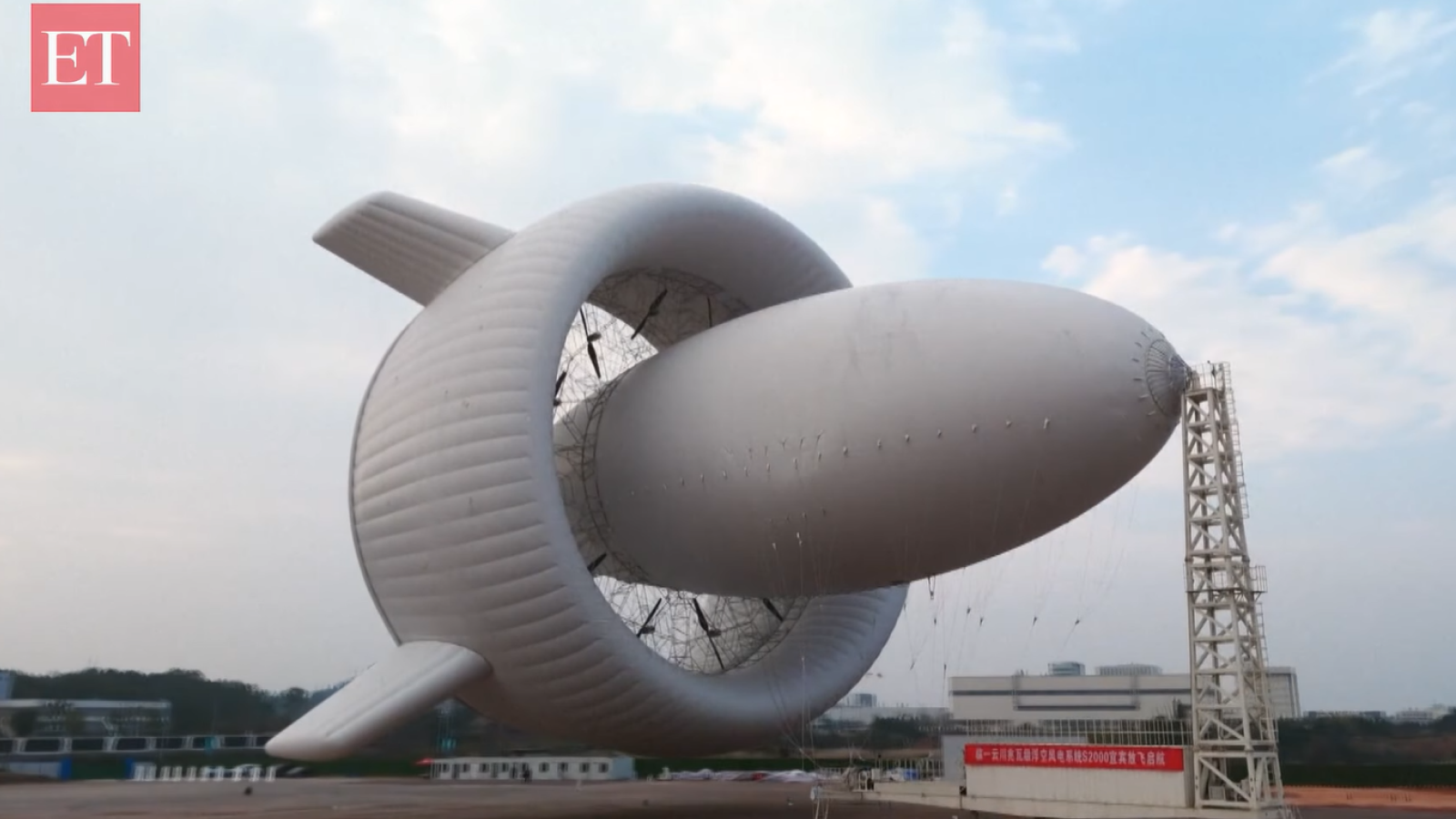NASA Eyes Kinked Space Shuttle Hose for Feb. 7 Launch
Get the world’s most fascinating discoveries delivered straight to your inbox.
You are now subscribed
Your newsletter sign-up was successful
Want to add more newsletters?

Delivered Daily
Daily Newsletter
Sign up for the latest discoveries, groundbreaking research and fascinating breakthroughs that impact you and the wider world direct to your inbox.

Once a week
Life's Little Mysteries
Feed your curiosity with an exclusive mystery every week, solved with science and delivered direct to your inbox before it's seen anywhere else.

Once a week
How It Works
Sign up to our free science & technology newsletter for your weekly fix of fascinating articles, quick quizzes, amazing images, and more

Delivered daily
Space.com Newsletter
Breaking space news, the latest updates on rocket launches, skywatching events and more!

Once a month
Watch This Space
Sign up to our monthly entertainment newsletter to keep up with all our coverage of the latest sci-fi and space movies, tv shows, games and books.

Once a week
Night Sky This Week
Discover this week's must-see night sky events, moon phases, and stunning astrophotos. Sign up for our skywatching newsletter and explore the universe with us!
Join the club
Get full access to premium articles, exclusive features and a growing list of member rewards.
NASA's shuttle Atlantis is on target for a Feb. 7 launch so long as a kinked radiator hose doesn't put a crimp in the agency's plans.
Top mission managers officially gave Atlantis and its crew approval Wednesday to press ahead with next week's planned launch toward the International Space Station (ISS), where astronauts will deliver a new European lab to the International Space Station (ISS). But, they added, engineers must determine whether a bent radiator hose in the orbiter's payload bay is safe to fly or should be replaced.
"This hose on Atlantis is not leaking. It's just bent the wrong way," NASA's shuttle program manager Wayne Hale told reporters in a Wednesday briefing.
Engineers discovered the kinked metal hose late Tuesday during an inspection prompted by a similar find last month aboard Atlantis' sister ship Discovery. Mission managers want to be sure the hose's atypical position is not a sign that it could leak during flight, though Atlantis is equipped with a backup cooling system even if that were to occur, Hale added.
"The $64,000 question is: Can we really straighten this hose out and live with it or maybe not even straighten it and live with it, or do we have to replace it," Hale said. "I think we'll have a good answer by Saturday."
While replacing the hose, if such a fix is needed at all, could delay Atlantis' flight, Hale said he is confident engineers will find the right solution.
"If it's not safe to fly, we won't fly," he said.
Get the world’s most fascinating discoveries delivered straight to your inbox.
In the meantime, Atlantis remains on track for an afternoon liftoff on Feb. 7 after two months of delays spawned by fuel gauge sensor glitches that prevented two launch attempts last month. The fuel gauges, known as engine cutoff sensors, are part of a backup system to shut down an orbiter's three main engines before its fuel tank runs dry.
Engineers tracked the glitch to an electrical connector near the bottom of the shuttle's 15-story external fuel tank. The connector, they found, was prone to open circuits when Atlantis? fuel tank was filled with its super-cold liquid hydrogen and liquid oxygen propellant.
Since then, tank engineers have redesigned the connector to form a permanent bond between its exterior plug and interior wires. The fix, NASA officials said, prevents ice or water from seeping into the connector and freezing to create open circuits.
"They've got a good fix in place," said William Gerstenmaier, NASA's associate administrator for space operations. "The failure will not reoccur again."
Commanded by veteran spaceflyer Stephen Frick, Atlantis' seven astronauts are charged with delivering the European Space Agency's Columbus lab to the ISS and swapping out one member of the outpost's Expedition 16 crew.
Station commander Peggy Whitson and flight engineer Dan Tani performed a seven-hour spacewalk earlier Wednesday to replace a broken solar array motor. The fix primes the station for the arrival of Atlantis and up to four more visiting shuttle crews to continue ISS construction this year.
"Right now, the crew is trained," Hale said of Frick and his team. "They're ready to go."

Tariq is the editor-in-chief of Live Science's sister site Space.com. He joined the team in 2001 as a staff writer, and later editor, focusing on human spaceflight, exploration and space science. Before joining Space.com, Tariq was a staff reporter for The Los Angeles Times, covering education and city beats in La Habra, Fullerton and Huntington Beach. He is also an Eagle Scout (yes, he has the Space Exploration merit badge) and went to Space Camp four times. He has journalism degrees from the University of Southern California and New York University.
 Live Science Plus
Live Science Plus










